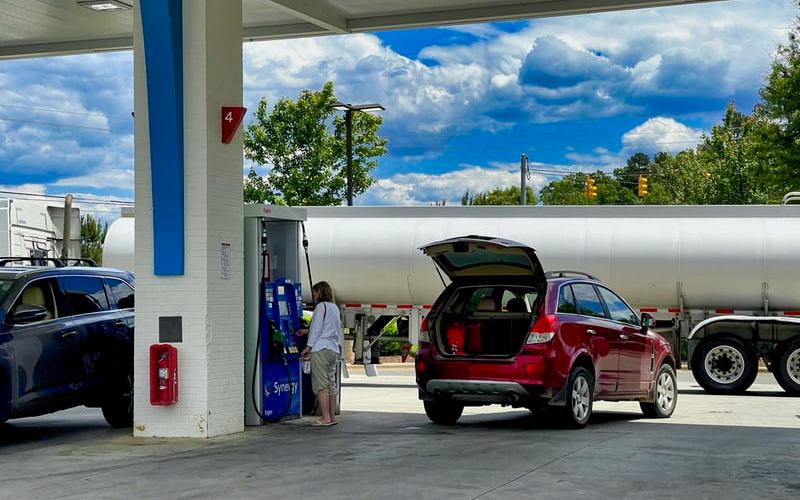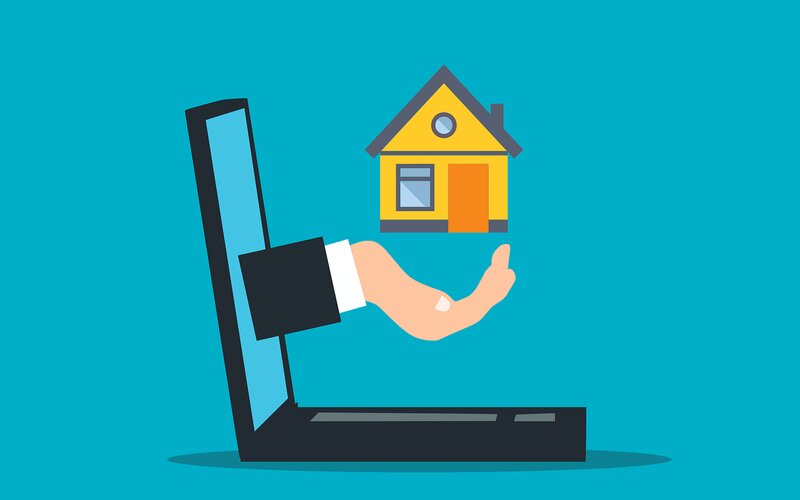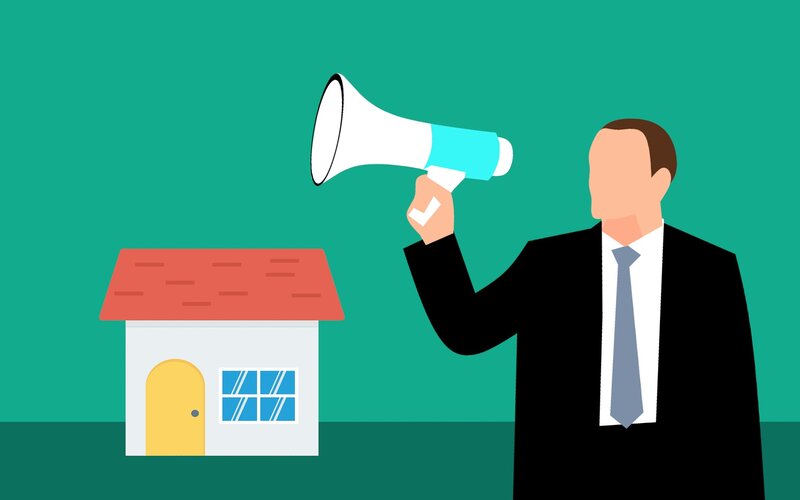Commonwealth Bank economists have warned those waiting for a positive inflation surprise to brace for disappointment as they predict the headline Consumer Price Index (CPI) will rise to 3%.
However, a 'meaningful' lift in core inflation is yet to appear, which is attributed to government subsidies and rebates throughout the pandemic putting downward pressure on consumer inflation.
CBA experts expect inflation to increase by 0.8 percentage points in the September quarter, bringing annual inflation to 3%.
The trimmed mean CPI is expected to rise by 0.8 percentage points this quarter, bringing the CPI to 1.8%.
This lift is expected to lag a number of other economies, namely the United States where inflation has surpassed 5% for five consecutive months.
It hit a 13-year high in September.
However, for Australia CBA economists expect underlying inflation to rise more modestly to 2.5% by mid-2023.
Sydney and Melbourne lockdowns weigh on inflation data
The Australian economy was 'hit hard' this quarter, with Sydney and Melbourne essentially in lockdown the entire time; this is said to weigh on the CPI results.
Despite this, CommBank economists expect a 'modest' acceleration in underlying inflation on a six month annualised basis, which will 'set the scene' for next year.
CBA economists attribute their call to the following factors:
- A 'decent' rise in food prices of 0.8%;
- A 'solid' 2.4% increase in transport, which was driven by a 5.5% increase in petrol prices;
- A 1.1% rise in household furnishings, equipment, and services;
- 'Seasonally low' increases in health and education prices;
- A 'modest' 0.4% increase in the housing component.
Petrol prices have already soared to record highs in Sydney, Melbourne, and Brisbane, with 91 Unleaded surpassing 170 cents per litre in many areas, with many households feeling the pinch.
HomeBuilder package an 'incredible success' but not reflected in CPI
The HomeBuilder package caused residential investment to surge, which has been accompanied by an increase in costs to build due to higher demand for labour and higher costs of materials, according to CBA economists.
This lift has not been reflected in the CPI due to the grants, which means the price to build a home is likely to be 'artificially suppressed' this quarter.
CBA economists also forecast rents to rise by 0.7% in the September quarter, while the cost of utilities is not expected to change this quarter.
Household spending stable after months of volatility
CBA's Household Spending Intentions for September holds an 'overwhelming' message of stability, after months of significant volatility.
The categories of Home buying, Retail, Travel, Health & fitness, and Motor vehicle spending intentions stablised in September; this is consistent with improvements in spending and 'positive' outlooks as NSW prepares to come out of lockdown.
According to CBA economists, looking back at data shows the negative impacts of the Victorian and NSW lockdowns, but looking forward shows signs of improvement.
CBA credit and debit card spending was already showing signs of improvement before the announcement of the NSW lockdown coming to an end.
National spending was up 16% relative to the same week in 2019 to 15 October 2021, particularly in NSW.
What does this all mean for interest rates?
The RBA forecasts trimmed mean inflation will lift to 1.75% for the September quarter, broadly in-line with CBA economists' forecasts.
This means the RBA is 'unlikely' to make any material revisions to its current forecast, which is to leave the cash rate untouched until 2024.
RBA Governor Dr Philip Lowe has been adamant that the cash rate will not increase until actual inflation is 'sustainably' within the 2 to 3% target range.
CBA economists believe this will not happen until the first half of 2023, and that the RBA will start normalising the cash rate in May 2023.
Image by ActionVance on Unsplash



 Harrison Astbury
Harrison Astbury
 Harry O'Sullivan
Harry O'Sullivan


 Rachel Horan
Rachel Horan

